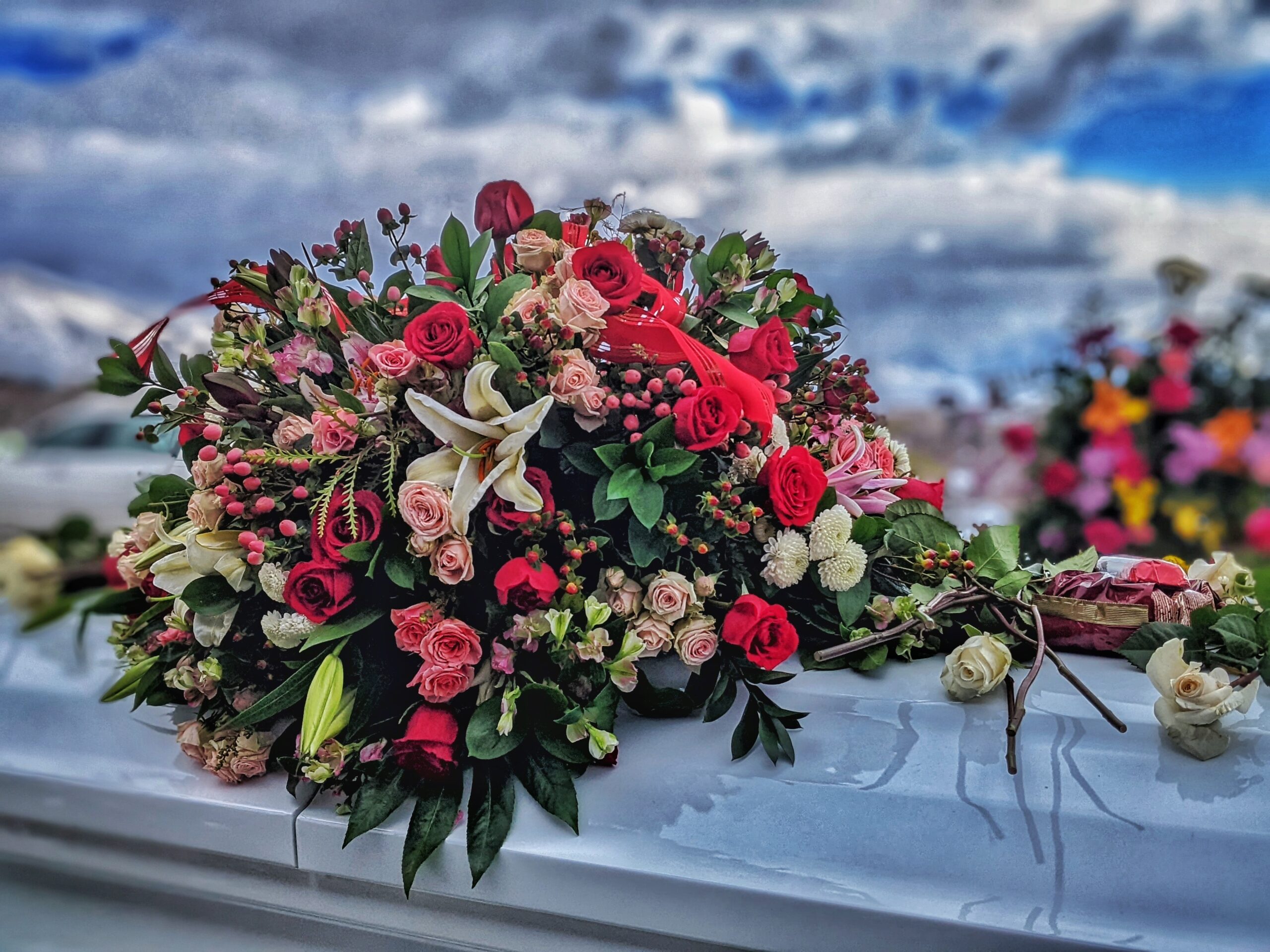By Donna Mischke, Director of Family Services at Concierge Care Advisors
Planning for the Future: Cremation vs. Burial
When planning for the future, decisions about end-of-life arrangements, including cremation and burial, are among the most personal and important choices you’ll make. Whether guided by personal preferences, religious or cultural beliefs, or financial considerations, these decisions allow you to communicate your wishes to loved ones and ensure a meaningful farewell.
What Is Cremation?
Cremation involves reducing the body to ashes through intense heat. Afterward, the ashes are typically placed in an urn or scattered in a meaningful location.
Pros of Cremation:
- Cost-Effective: The average cost of a cremation with funeral services was approximately $7,000 in 2021, making it more affordable than traditional burial.
- Space-Saving: Cremated remains take up less space and can be easily transported or stored.
- Flexibility: Families can hold a smaller, intimate ceremony or delay memorial services to accommodate travel schedules.
Cremation is often chosen for its affordability and adaptability, but religious or cultural factors may influence its suitability.
What Is Burial?
Burial involves placing the body in a casket, which is then interred in the ground at a cemetery. This tradition has been practiced for centuries and remains a popular choice for many.
Pros of Burial:
- Tradition: Burial provides a more traditional way to say goodbye, often aligning with cultural or religious expectations.
- Permanent Memorial: A grave site offers a lasting place for family and friends to visit and pay respects.
However, burial costs are typically higher, with the average cost for a funeral and burial around $10,000 in 2021.
Factors to Consider
When choosing between cremation and burial, consider the following:
- Religious and Cultural Beliefs: Some religions prefer one option over the other or have specific rituals associated with the process.
- Financial Constraints: Cremation is generally less expensive than burial, but both options can be customized to fit different budgets.
- Family Preferences: Open communication with loved ones is essential to ensure the decision aligns with everyone’s expectations.
Seek Professional Guidance
Navigating these decisions can be overwhelming, but professionals such as funeral directors can provide invaluable insights and guidance. They can help tailor arrangements to meet your personal, cultural, and financial needs.
Plan Ahead and Communicate
Planning ahead for your end-of-life arrangements not only relieves stress for your loved ones but also ensures your wishes are respected. Whether you choose cremation or burial, having open conversations and documenting your preferences is key to honoring your legacy.
Contact Concierge Care Advisors
At Concierge Care Advisors, we understand the importance of planning for the future. Let us guide you through decisions about senior care and end-of-life arrangements with compassion and expertise.
Reach Out Today
Contact Us to learn more about how we can help you and your family navigate these important decisions.

























